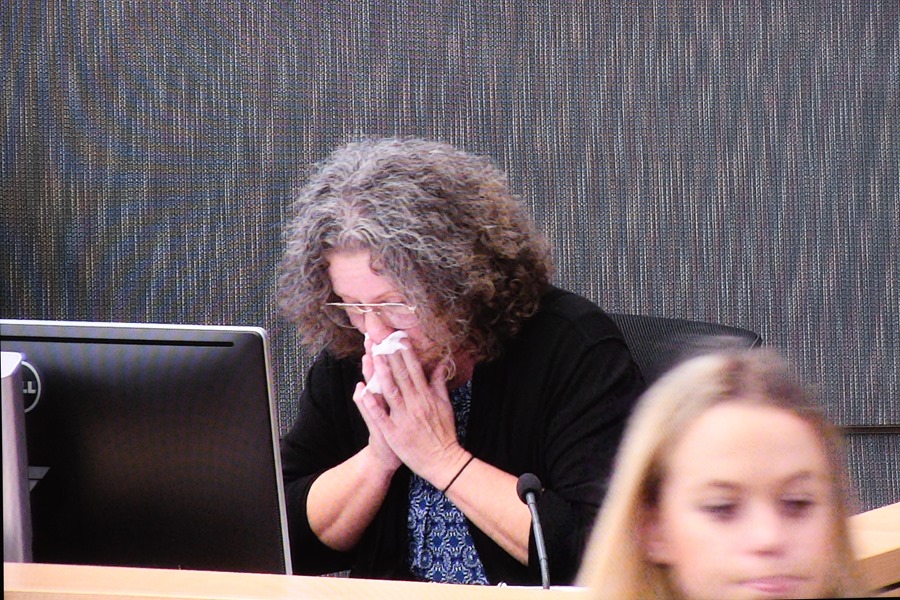Sydney (Australia), June 5 (EFE).- The Australian authorities announced on Monday the pardon of Kathleen Folbigg, who has been in prison for two decades for the murder of her four babies, after reviewing her case following an investigation coordinated by a Spanish scientist who linked the deaths to genetic failures.
“She has been pardoned. I would also like to say that we took the opportunity, unsurprisingly, to ensure that Ms Folbigg was released without delay,” Attorney General for the Australian state of New South Wales, Michael Daley, said during a press conference. in Sydney.
The authorities ordered last year to review the case of Folbigg for the death between 1989 and 1999 of his children Caleb, Patrick, Sarah and Laura -when they were between 19 days and 18 months-, after a group of scientists indicated the possibility that the deaths were due to a rare genetic mutation.
reasonable doubts
The pardon came after former judge Tom Bathurst, who was in charge of reviewing the case, concluded that “there are reasonable doubts about Kathleen Folbigg’s guilt for each of these crimes,” Daley said.
The review considered that there is a reasonable possibility that three of the Folbigg children died of natural causes, while the evidence for coincidence and trend on the death of the fourth baby was inconsistent, in line with Bathurst’s conclusions.
The 55-year-old woman has been released after receiving a pardon from the Governor of New South Wales, Margaret Beazley, and has been confined to a farm in the north of the state with her friend and staunch defender, Tracy Chapman.

“terrible” years
In a statement, Chapman thanked the support received and stated that the last 20 years “have been terrible for Kathleen”, especially because of the “pain and suffering that she has had to endure after the loss of her four children.”
“All of them miss each other every day,” he qualified in reference to the deceased minors.
For her part, Folbigg’s attorney, Rhanee Rego, called the pardon a “defining moment on a long and painful journey” and said the case exposes that the “legal system can make mistakes.”
“This case should revive the discussion to strengthen the interactions between law and science, to make important reforms so that the legal system makes decisions based on the best available scientific evidence, not on speculation,” he said in statements to the local press. .
The role of a Spanish immunologist
A team of scientists, coordinated by the Spanish immunologist Carola García de Vinuesa and led by the Danish Michael Toft Overgaard, concluded in 2020 that the deaths of the Folbigg babies could be due to genetic causes.
The scientific research, published in the specialized journal “Europace” of the European Association of Cardiology, links a genetic mutation (CALM2) of two of Folbigg’s daughters, Sarah and Laura, with sudden cardiac death.
In addition, the study, made up of an international team of 27 scientists, found that the children carried rare variants of a gene that kills rodents by epileptic seizures.
case reopening
Folbigg was sentenced in 2003 to 40 years in prison, reduced to 30 years in 2005, for the murder of three of her children and for the homicide of another of them, and she had unsuccessfully appealed her sentence several times, defending her innocence and assuring that their children died of natural causes in the town of Hunter Valley, about 120 kilometers from Sydney.
The case was reopened as a result of a letter sent in March 2021 to the Australian authorities by a hundred scientists -including two Nobel laureates- to request pardon and the immediate release of Folbigg.






